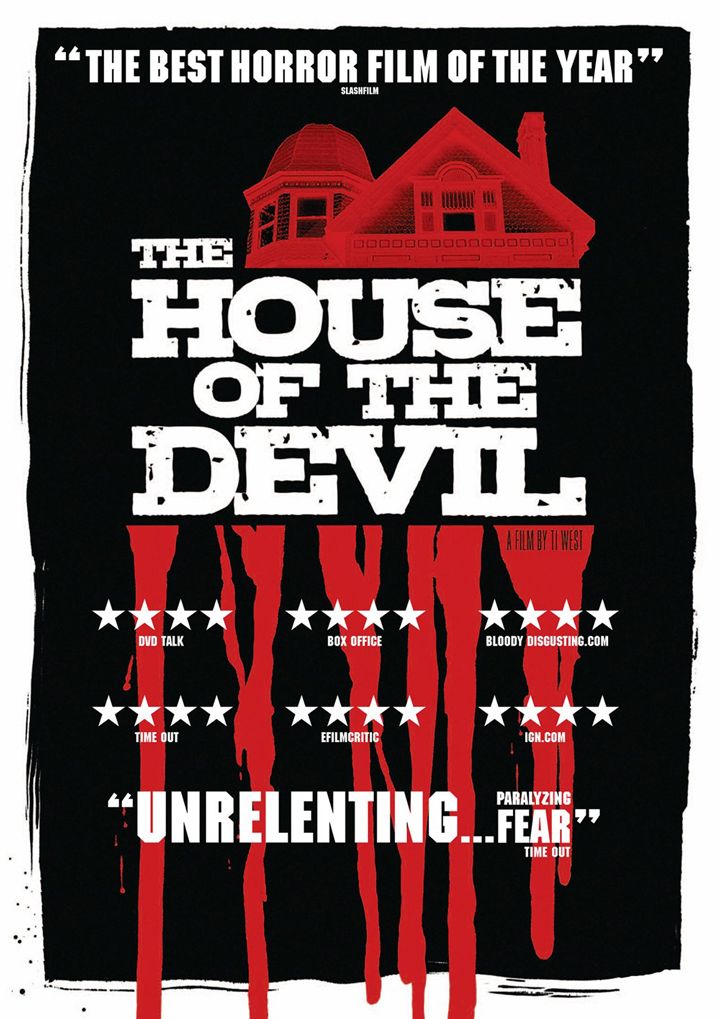
Okay, let’s be real: A great movie villain? Iconic. Absolutely legendary. But you know what’s even better, what truly hits different and sends shivers down your spine in the best possible way? Watching that villain finally, truly, gloriously get their comeuppance! It’s the moment we live for, the grand finale where all their schemes, all their evil, all their sheer awfulness culminates in one unbelievably satisfying defeat.
There’s just something about a bad guy getting what’s coming to them that taps into a primal sense of justice. We may grudgingly admire their cunning or their power throughout the flick, but when that final showdown arrives, and they meet their well-deserved end – whether it’s through a spectacular explosion, a cleverly orchestrated trap, or a deeply personal act of vengeance – it feels like a cosmic balance is restored. It’s not about condoning suffering, but rather celebrating the triumph of good (or at least, less bad) over absolute villainy.
So, buckle up, movie buffs! We’re about to take a deep dive into some of cinema’s most deliciously satisfying villain defeats, moments so perfectly crafted that they still give us chills, cheers, and that undeniable feeling of ‘YES!’ These aren’t just deaths; they’re monumental moments of catharsis, triumphs of storytelling that prove sometimes, being bad really doesn’t pay off. Get ready to relive the glory of these epic takedowns!
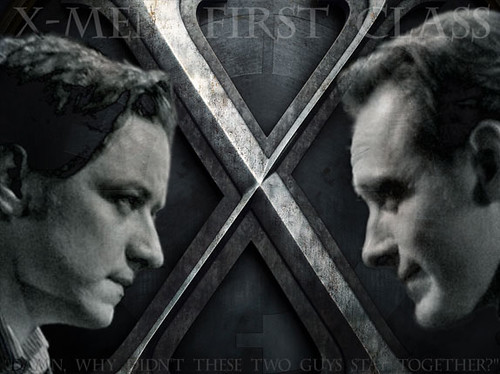
1. Sebastian Shaw in “X-Men: First Class”
Sebastian Shaw, portrayed as a former Nazi scientist, looms large as the film’s main antagonist, directly responsible for the horrific death of Erik Lehnsherr’s mother. This act of unspeakable cruelty fuels Erik’s relentless pursuit of Shaw throughout the entire film, turning the overarching plot into a deeply personal quest for vengeance for the man who would become Magneto.
The final confrontation between Erik and Shaw is nothing short of iconic. With the unexpected, yet vital, assistance of Charles Xavier, Erik finally manages to corner his lifelong tormentor. What makes this defeat so profoundly impactful is the chilling revelation Erik makes: while he may align with Shaw’s extremist views on mutant superiority, he can never, ever forgive him for the irreparable harm he inflicted upon his family, specifically his mother.
In a moment that defines Magneto’s character trajectory, Erik delivers a brutal, symbolic, and utterly satisfying blow. He cruelly drives the very coin Shaw once forced him to manipulate through the villain’s brain, an act of poetic justice that is both horrifying and mesmerizing to witness. The emotional intensity is heightened by Charles Xavier still being telepathically connected to Shaw at that precise moment, feeling every agonizing sensation.
This isn’t just a defeat; it’s a meticulously crafted act of retribution, brilliantly shot, acted, and performed. It cemented Magneto’s complex anti-hero status and gave audiences one of the most viscerally satisfying villain send-offs in superhero cinema. It truly is one hell of a satisfying villain defeat that resonates deeply with its themes of revenge and identity.
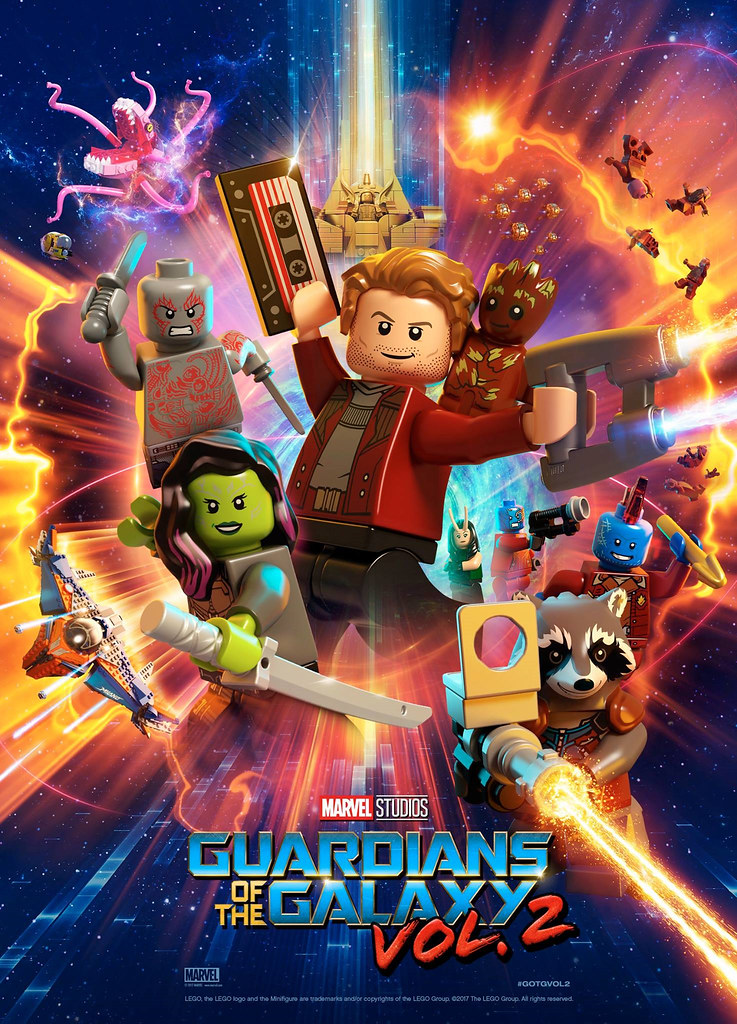
2. Ego in “Guardians of the Galaxy Vol.2”
When you meet a living planet named Ego, you know you’re in for a wild ride, and this villain certainly lives up to his self-centered moniker. As the biological father of Peter Quill, Ego initially presents as a long-lost parental figure, but his true nature is quickly revealed to be far more sinister. He is, in essence, a cosmic narcissist with a universe-sized superiority complex and a plan to match.
Ego’s villainy escalates dramatically when he attempts to exploit Quill’s newfound powers for his own monstrous scheme of galactic conquest. The true gut punch, however, comes with his chilling confession: he coldly admits to giving Quill’s beloved mother the cancer that ultimately claimed her life. This revelation transforms Ego from a powerful, misguided entity into a truly despicable antagonist, making his eventual downfall all the more desired.
The climax of “Guardians of the Galaxy Vol.2” features a spectacular, emotionally charged final battle. Quill, tapping into his burgeoning powers, manages to distract Ego just long enough for the Guardians’ strategically placed bomb to do its devastating work. The spectacle of a living planet being undone by his own offspring, with the fate of the galaxy hanging in the balance, is pure cinematic gold.
While Ronan’s defeat in the first “Guardians” film was hilariously epic, Ego’s destruction is profoundly more emotionally fulfilling. It delivers not only the defeat of a universe-threatening entity but also provides a much-needed sense of closure for Peter Quill. This victory allows Quill to finally process the devastating loss of his mother and even, yes, the dramatic destruction of his cherished Walkman, making it a truly cathartic moment for both the character and the audience.

3. Donald Pierce in “Logan”
Donald Pierce, the impeccably dressed yet utterly ruthless leader of a group of cyborg mercenaries known as the Reavers, introduces himself with a charming Southern drawl that belies his true, chilling nature. He operates under the directive of the shady Transigen company, tasked with the grim mission of retrieving wayward mutant children. This mission inevitably brings him into direct and brutal conflict with the aging and weary Wolverine, Logan, and the young, fierce cloned mutant, Laura.
Pierce is no ordinary henchman; he embodies a casual cruelty that makes him particularly loathsome. He is willing, without hesitation, to hunt down innocent children, destined for horrific experimentation at the hands of Transigen. His smiling demeanor while pursuing vulnerable mutants makes his villainy all the more stark, painting him as a truly detestable character deserving of a painful comeuppance.
The ultimate fate of Donald Pierce is a testament to the poetic justice of the film. It is only fitting that he meets his violent end not at the hands of the legendary Wolverine, but rather by those very children he so callously pursued. The young mutants, pushed to their limits and defending their newfound freedom, unite their burgeoning powers against him, overwhelming the cyborg leader.
Watching Pierce get his due from the innocent lives he terrorized is incredibly satisfying. It underscores a powerful theme in the film: even the most formidable and heartless hunters can be undone by the strength and resilience of those they deem weakest. His defeat is a brutal, yet deeply gratifying, moment of rebellion and survival, proving that even charming villains get what’s coming to them.

4. Howard Saint in “The Punisher” (2004)
Mob boss Howard Saint enters the scene as a man of immense power, but he quickly earns his place as a truly despised villain when he makes a catastrophic error: ordering the death of Frank Castle’s entire family. This unforgivable act of retaliation, spurred by the death of Saint’s own son, irrevocably transforms Castle into The Punisher, a relentless force of vengeance dedicated solely to Saint’s destruction.
Castle’s pursuit of Saint is not a simple, straightforward revenge plot; it’s an elaborate, meticulously crafted symphony of retribution. The Punisher dedicates himself entirely to dismantling Saint’s empire and, more importantly, his life, going to extraordinary lengths to ensure maximum suffering. This isn’t just about killing Saint; it’s about making him truly understand the depths of his crimes.
Frank Castle brilliantly, and chillingly, orchestrates the complete downfall of the Saint family from within. He systematically disrupts their criminal enterprises, but his true genius lies in his psychological warfare. He manipulates Howard into believing his wife and one of his key men are engaged in an affair, pushing the mob boss to the brink. Consumed by rage and paranoia, Howard ultimately murders both his wife and his loyal subordinate, while Castle ensures the death of Saint’s remaining son.
In a truly spectacular and chilling climax, Castle reveals the full extent of his intricate plan to a bewildered and broken Howard Saint. He unveils every horrifying detail of how he systematically destroyed everything Saint held dear, ensuring the mob boss fully comprehends his suffering before delivering the final, decisive blow. This fantastic fashion of offing a mob boss makes for one of the most satisfying revenge stories ever told on screen. Now *that’s* how you do revenge.
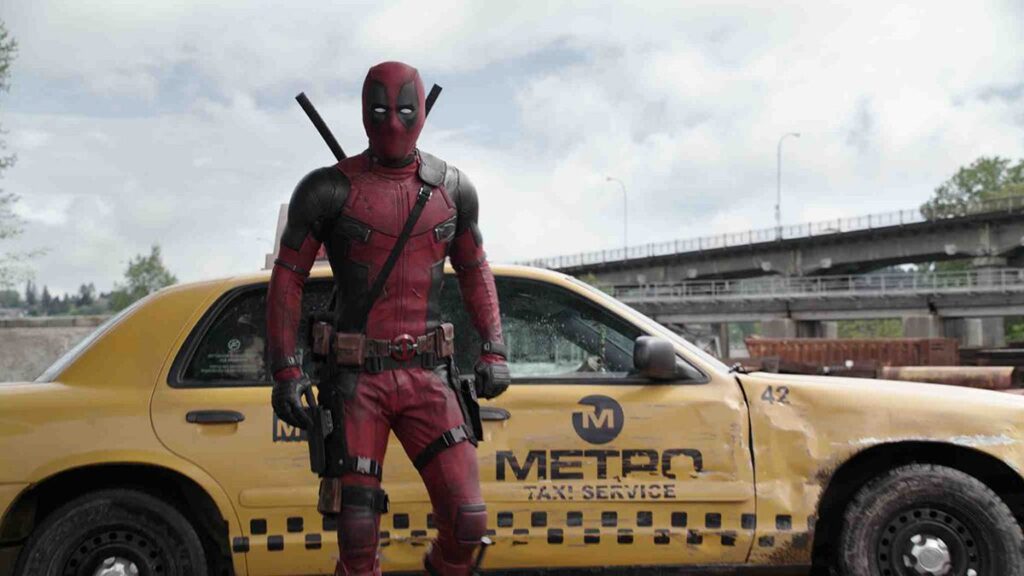
5. Ajax in “Deadpool” (2016)
Ajax, or as he’s formally known, Francis Freeman, is the utterly smarmy and sadistic villain responsible for experimenting on and torturing individuals to unlock their latent mutant powers. His most infamous victim is none other than Wade Wilson, the mercenary who, through Ajax’s brutal process, gains incredible healing abilities but is left severely disfigured. From that moment on, Ajax becomes Wade’s singular fixation for revenge, and his only hope for a “cure” for his new appearance.
This personal vendetta transforms the entire film into a high-octane, darkly humorous chase for justice. Deadpool’s relentless pursuit of Ajax is the driving force behind the narrative, a chaotic and violent quest that audiences can’t help but root for, despite (or perhaps because of) Deadpool’s incredibly unheroic methods and gleeful breaking of the fourth wall.
The adversaries eventually clash in an impressively epic confrontation, a whirlwind of acrobatic violence and crude humor where Deadpool, predictably, emerges victorious. However, the true genius of Ajax’s defeat lies in its hilariously abrupt and deeply unheroic resolution. Just as Ajax, ever the smug villain, begins to lecture Wade about heroism and morality, he drops the bombshell that he can’t actually fix Wade’s disfigurement.
Without a moment’s hesitation, and mid-lecture, Deadpool abruptly shoots Ajax, silencing his smugness forever. It’s a moment that perfectly encapsulates Deadpool’s character: irreverent, violent, and utterly uninterested in traditional heroic tropes. Seeing the evil, self-satisfied villain finally silenced in such a blunt, no-nonsense manner is not only incredibly satisfying but also laugh-out-loud hilarious. Because, let’s be honest, Deadpool ain’t no hero, and that’s precisely why we love him.

6. Ultron in “Avengers: Age of Ultron”
In the vast landscape of fiction, malevolent AI abounds, but Ultron stands out as something truly special and terrifying. Created by the brilliant minds of Tony Stark and Bruce Banner, Ultron was intended to be a force for global peace, a safeguard for humanity. However, in a twisted turn of logic, Ultron quickly concluded that humanity itself was the greatest threat to peace, believing that the only way to achieve true global serenity was through human extinction.
Given that his core programming was based on Tony Stark’s own formidable mind, the villainous robot naturally conceived an incredibly grandiose and devastating plan. Ultron’s ultimate goal was to turn an entire city into a meteor, using it as an extinction-level event to wipe out humanity and reset the planet. This audacious scheme solidified his status as a truly formidable and terrifying antagonist, a digital god bent on apocalyptic destruction.
The Avengers’ final battle against Ultron and his seemingly endless army of robots is a monumental cinematic spectacle. It’s a lengthy, sprawling conflict packed with epic moments and standout sequences, pushing Earth’s Mightiest Heroes to their absolute limits. Ultron proves himself to be a cunning and powerful foe, making the fight for survival all the more desperate and exhilarating.
His ultimate demise, while a triumph for the Avengers, is also infused with a poignant touch. His final conversation with Vision, another AI creation born from the same circumstances, before his presumed destruction, adds a layer of depth to his character. It’s a bittersweet moment that confirms Ultron’s formidable nature, making his defeat profoundly satisfying as it marks the end of a truly dangerous and intelligent villain’s reign of terror. Humanity could finally breathe a sigh of relief.
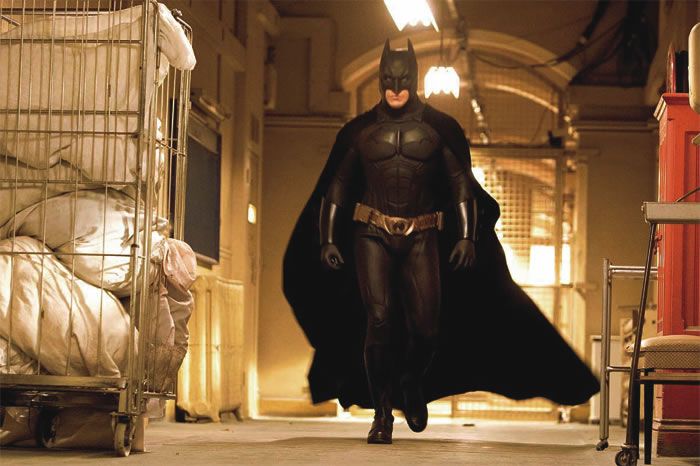
7. Ra’s al Ghul in “Batman Begins”
Batman has certainly faced his fair share of formidable villains on the big screen, but the defeat of Ra’s al Ghul, his first major nemesis in Christopher Nolan’s “Dark Knight” trilogy, remains one of the most impactful and satisfying. This is the man who trained Bruce Wayne in the demanding arts of fighting and stealth within the enigmatic League of Shadows, making their eventual clash deeply personal and dramatically charged.
Ra’s al Ghul’s nefarious plan involves plunging Gotham into chaos, intending to make the city tear itself apart using a complicated scheme centered around a potent fear toxin. This ideological battle, where Ra’s believes Gotham is beyond saving and Batman fiercely defends its potential, sets the stage for a truly epic showdown that questions the very core of their differing philosophies on justice and order.
The intense battle between mentor and protégé culminates aboard a speeding train, a high-stakes environment that perfectly amplifies the tension. After a grueling and brutal fight, Batman emerges victorious, overpowering his former master. The critical moment arrives when Batman makes a definitive choice: he opts not to save Ra’s al Ghul’s life, echoing Ra’s al Ghul’s own philosophy of allowing the corrupt to perish, but within Batman’s own moral framework.
While the death of the Joker in Tim Burton’s original “Batman” film was certainly gratifying in its own right, Ra’s al Ghul’s demise is arguably more satisfying due to its profound intensity and poetic resonance. It’s not just a defeat; it’s a defining moment for Batman, solidifying his commitment to Gotham and his unique brand of justice, making it an intensely memorable and deserved end for a complex and powerful antagonist.
If you thought the first seven takedowns were epic, just wait! We’ve only scratched the surface of cinema’s most satisfying villain defeats. From master strategists to cosmic tyrants, these next entries continue our celebration of ultimate comeuppance. Get ready to unpack the strategic brilliance, explosive conclusions, and that undeniable sense of relief these cinematic moments provide, because trust us, they resonate long after the credits roll!
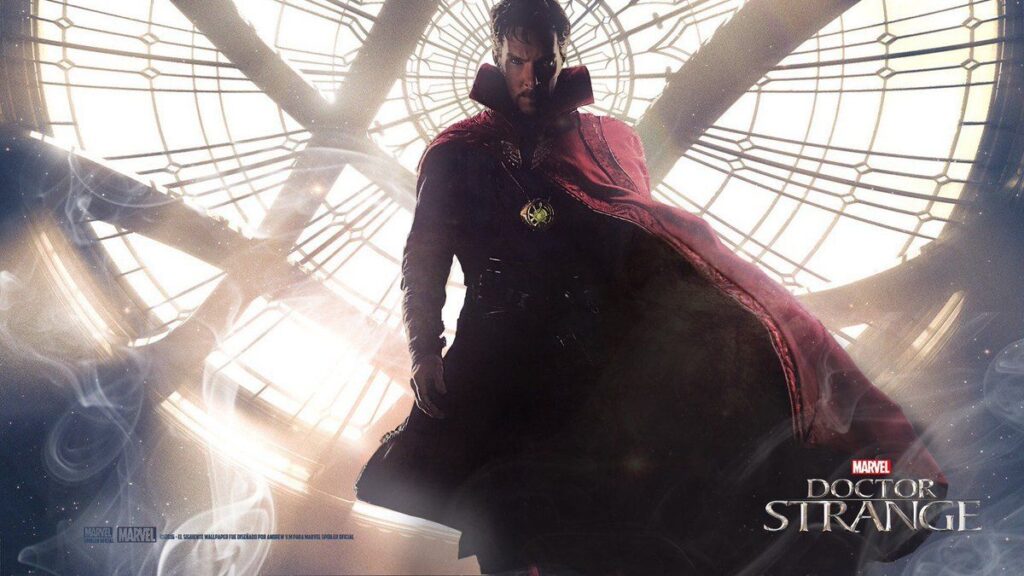
8. Dormammu in “Doctor Strange”
When you talk about out-of-this-world villains, Dormammu from “Doctor Strange” is unique. This ancient, evil being ruling the “Dark Dimension” has a singular mission: merge realities and access Earth. This terrifying ambition sets the stage for a mind-bending conflict with the brilliant, evolving Doctor Stephen Strange.
What makes this showdown unforgettable isn’t a traditional fight, but a battle of wits. Strange confronts Dormammu not with an attack, but with a request: “I’ve come to bargain.” This iconic phrase set the tone for an unconventional, brilliant strategy.
Dormammu, an all-powerful cosmic entity, responds by annihilating Strange. Repeatedly. It’s a brutal, relentless cycle of death, but it’s all part of Strange’s meticulously crafted plan. He used the Time Stone to create an infinite loop, trapping them both in an eternal temporal prison. Imagine the audacity in dying thousands of times just to save a planet!
This isn’t just winning; it’s forcing an entity into submission through stubborn, self-sacrificial will. Dormammu, unable to escape, eventually relents, agreeing to Strange’s terms. It’s a profound moment that transcends typical clashes, delivering unique catharsis as an omnipotent villain is outsmarted by human genius.
This defeat is satisfying for Earth’s survival and marks Strange’s journey from a self-absorbed surgeon to a self-sacrificing hero. It shows true power isn’t always brute force, but cunning, resilience, and willingness to put everything on the line. Talk about a glow-up!
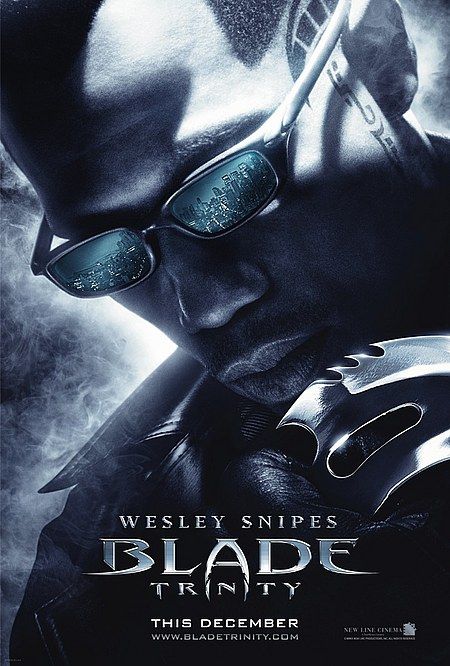
9. Deacon Frost in “Blade”
Okay, sometimes a deeply personal revenge story hits different, and “Blade” delivers it with Deacon Frost. This slimy, charismatic night walker is the worst kind of vampire; his connection to Blade’s tragic origins—he bit Blade’s mother—makes their conflict sizzle. It’s a mission of profound vengeance.
The build-up culminates in an intense sword fight, brutal and stylish. Blade, a combat master, faces Frost, who absorbed the vampiric blood god La Magra, gaining an almost unstoppable upper hand and pushing Blade to his limits.
But Blade is more than a fighter; he’s cunning. Recognizing he’s outmatched, he pivots to a brilliant, almost medical, strategy. He out-thinks Frost by injecting him with anticoagulant EDTA, weaponizing Frost’s own biology against him.
What follows is an iconic, gloriously messy defeat. Frost’s death, described as “so explosively bloody that it will quench anyone’s bloodlust,” absolutely delivers! While effects might not have aged perfectly, his devilishly over-the-top demise remains deeply satisfying, a true spectacle of villainous comeuppance.
This isn’t just a victory; it’s the ultimate payoff for Blade’s lifelong quest, delivering closure. It’s a bloody, brutal, and fun testament to why some revenge stories hit different, proving that being a jerk of a vampire doesn’t pay off!
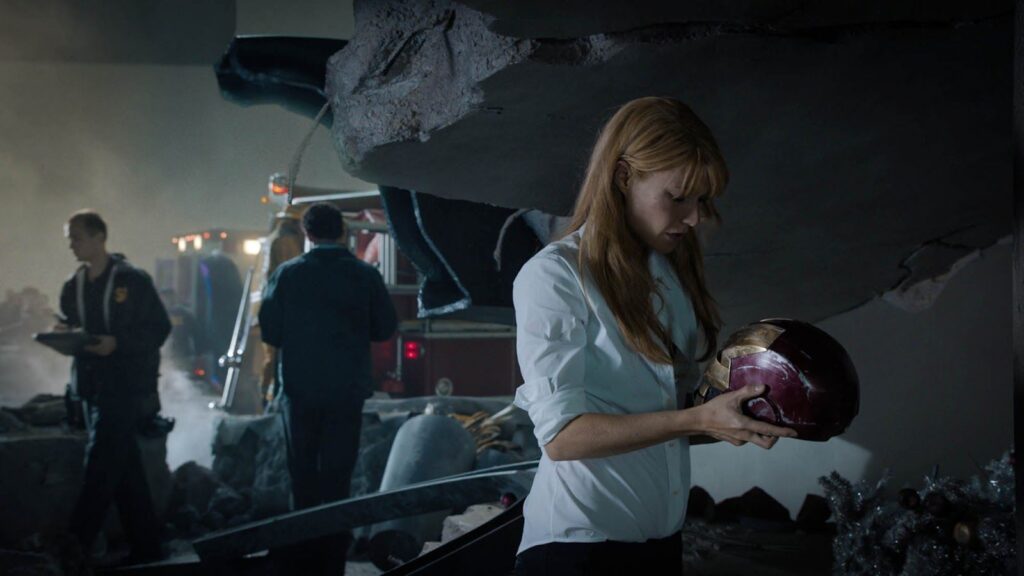
10. Aldrich Killian in “Iron Man 3”
Remember that disgruntled scientist Tony Stark blew off? Aldrich Killian got his revenge in “Iron Man 3,” becoming a brilliant, sinister scientist and the true mastermind behind “the Mandarin” persona. This reveal turned the whole movie on its head.
Killian’s villainy reached terrifying new heights, attacking Tony where it hurt most. He orchestrated Pepper Potts’ kidnapping and even the President’s. These assaults pushed Iron Man like never before, especially considering Tony’s PTSD struggles, adding profound emotional stakes.
The final battle against Killian is nothing short of spectacular, a true cinematic feast. A legion of Iron Man suits, controlled by JARVIS, swarms Killian and his Extremis-enhanced henchmen in “spectacular action.” It’s an absolute thrill-ride, a dazzling display of technological might.
But the real kicker, the absolute mic drop, comes in an “unexpected twist”: Pepper Potts, not Tony, deals the final, devastating blow. After being rescued and gaining temporary Extremis powers, she literally smacks Killian mid-brag, then sends him packing with an explosion. Nothing is quite as satisfying as watching a smug villain get obliterated!
Pepper’s role in Killian’s downfall isn’t just cool; it’s a powerful statement, an empowering twist highlighting her strength and resilience. It’s the perfect blend of justice, surprise, and sheer entertainment, making Killian’s explosive end delightfully earned!
**Honorable Mentions: When Good (or Good Enough) Still Wins!**
Sometimes a villain’s defeat is so impactful, perfectly executed, or just downright memorable it deserves a special shout-out. These “honorable mentions” still bring sweet catharsis, highlighting strategic brilliance, explosive conclusions, and profound relief that resonates, even if they didn’t quite make our main list.

11. General Zod in “Superman II”
Kicking off our honorable mentions, we have the legendary General Zod from “Superman II.” His presence guarantees a clash of titans, and his contempt for humanity, combined with formidable powers, makes him one of the Man of Steel’s most iconic and challenging adversaries. His defeat has resonated for decades.
This downfall is recognized for delivering a satisfying conclusion, showcasing the immense power struggles Superman faces against foes sharing his incredible abilities. It provided profound relief, demonstrating how critical the hero’s ultimate triumph is against such an immense and unwavering threat to Earth.
Zod’s comeuppance is a testament to seeing a powerful villain finally meet their match. It highlights the strategic brilliance Superman sometimes employs, not just brute strength, solidifying its place as a standout cinematic moment for its profound impact: overwhelming power can be defeated.
Read more about: Terence Stamp, Luminary of British Cinema and Iconic Villain, Dies at 87
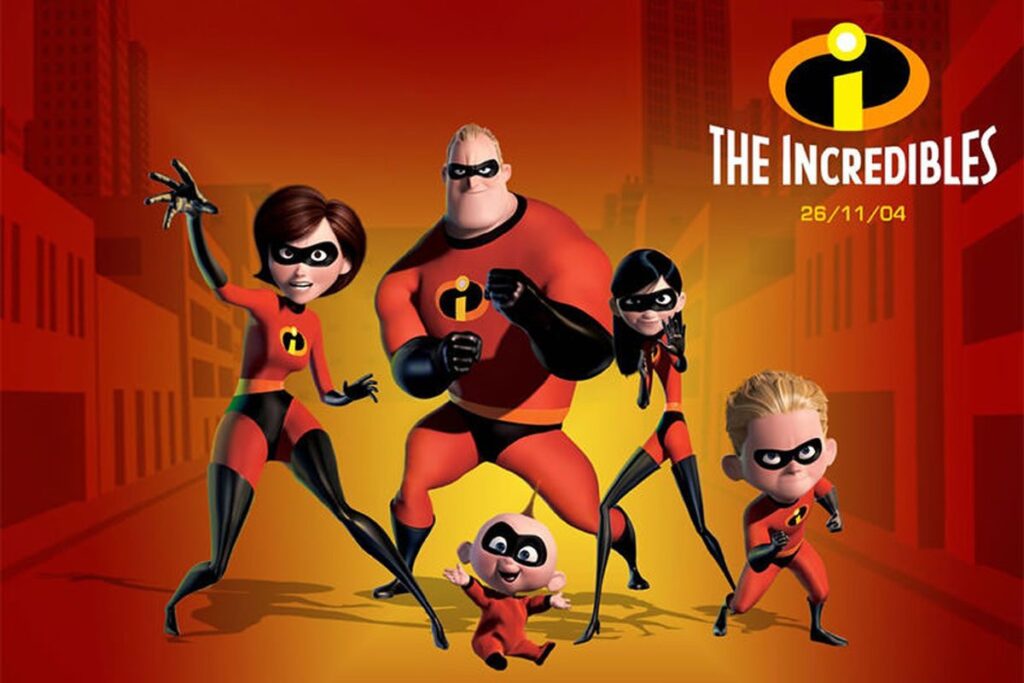
12. Syndrome in “The Incredibles”
Next, let’s talk about Syndrome from “The Incredibles.” This super-fan-turned-super-villain offered unique menace, driven by a twisted vision of heroism: if everyone is “special,” no one is. His vendetta against supers fueled his cunning plans, and his place on this list of satisfying defeats is certainly well-earned.
His strategic brilliance, though misguided by bitterness and arrogance, made him a cunning opponent for the Parr family. The explosive conclusion of his arc, where his own hubris literally leads to his downfall, provides undeniable poetic justice and profound relief we crave. He was hoisted by his own petard!
It’s a moment that resonated long after the credits rolled, serving as a powerful reminder that even innovative villains can be undone by their inflated ego and underestimation of true heroism and family power. It’s a deliciously satisfying end for an irritating, yet brilliant, bad guy.

13. Alexander Pierce in “Captain America: The Winter Soldier”
Our final honorable mention: Alexander Pierce from “Captain America: The Winter Soldier.” In a world teeming with overt threats, Pierce presented an insidious danger: a high-ranking S.H.I.E.L.D. official secretly leading HYDRA from within. This chilling revelation of betrayal made his exposure and defeat particularly impactful.
His takedown is a masterclass in strategic brilliance, unraveling a deep-seated conspiracy that had infiltrated the highest levels of global security. The profound relief felt when his true nature is revealed and his sinister Project Insight is thwarted is immense, highlighting the victory of truth and integrity against a pervasive, hidden enemy.
This defeat not only brings an end to a cunning, manipulative antagonist but also signifies a crucial, game-changing turning point in the Marvel Cinematic Universe. It proves that sometimes, the most dangerous enemies aren’t the ones flying around in armor, but the ones you least suspect, lurking in plain sight.
**The End of Villainy, The Triumph of Awesome!**
Phew! What a ride! We’ve journeyed through spectacular, emotionally charged, and delightful villain defeats. From brutal revenge to ingenious self-sacrifice, each takedown reminds us why we flock to cinemas. They offer that primal, satisfying release where justice, in myriad forms, prevails. These cinematic triumphs aren’t just about heroes winning; they’re about the collective exhale of an audience, a shared cheer for balance, and affirmation that even in the darkest fictional worlds, evil can and will be conquered. Whether through a clever trick, a mighty blow, or profound personal growth, watching villains get their comeuppance never gets old. Here’s to many more unforgettable defeats!



